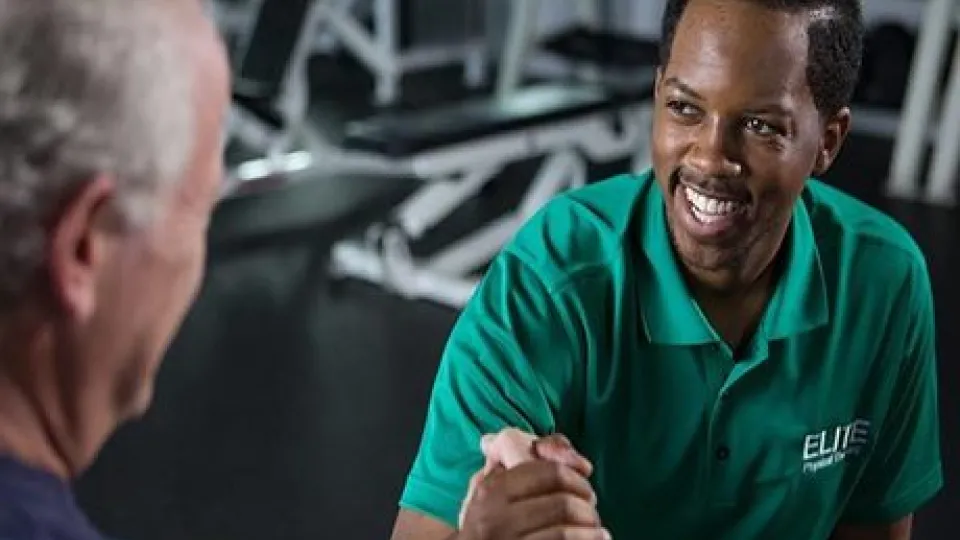
There comes a point in most adults' lives when it becomes clear that the things that were easy as a child or as a teen are no longer easy. Staying up late. Eating too much cake. Reading super tiny type on a medicine bottle.
Each of these things might have been as simple as breathing earlier in life, but each becomes tougher as time passes. For some of us, it starts in our 20s. For some, it's the 30s or 40s. Some of us stay fit as a fiddle until our 60s or 70s. Eventually, though, some things get harder.
Such is the case with physical injuries.
WHY WE GET HURT
Too often, visions of high school glory days will drive adult joggers, softball players and cyclists to "push through the pain" after an ankle turn or a back twinge. The thought among most athletes is that, since I could perform this task as a teenager or a young adult, they should be able to perform the task now, and the pain is something that will go away with more effort.
The data shows just the opposite. According to the National Institute of Arthritis and Musculoskeletal and Skin Diseases, "Whether an injury is acute or chronic, there is never a good reason to try to 'work through' the pain of an injury. When you have pain from a particular movement or activity, stop! Continuing the activity only causes further harm."
While these injuries - sprains, strains, ligament tears, and tendon tears - are collectively called sports injuries, they also can come from accidents, equipment problems, poor stretching or just bad luck.
Often, we stubborn adults make things worse when we not only push too far but also assume recovery will be quick.
WHY PHYSICAL THERAPY MATTERS
Any parent can relate to this image: A toddler, running through the living room, loses balance and falls to one side or the other. Their body contorts as they try to avoid the pile of toys nearby. They plop to the ground.
Then they get back up and do it all again.
While the toddler is springy and nimble, recovering so quickly that most adults admire, "I wish I could recover that quickly." The reality, though, is that as we age, smaller injuries require just as much attention and recovery as the big breaks and tears.
It's important that adults who pull, strain, chip, break, sprain or tweak their bodies see a doctor. Then, upon diagnosis, it's especially important to visit and follow through with a physical therapist or occupational therapist and to follow the recovery regimen prescribed for the injury.
Let's face it, none of us is getting any younger. By taking care of our bodies and taking steps to recover properly from injuries, we can all feel a lot better as we get older.
Find out more about the training Concorde students receive in the Physical Therapy Assistant program.
Take The Next Step Towards a Brighter Future
We have a Concorde representative ready to talk about what matters most to you. Get answers about start dates, curriculum, financial aid, scholarships and more!




